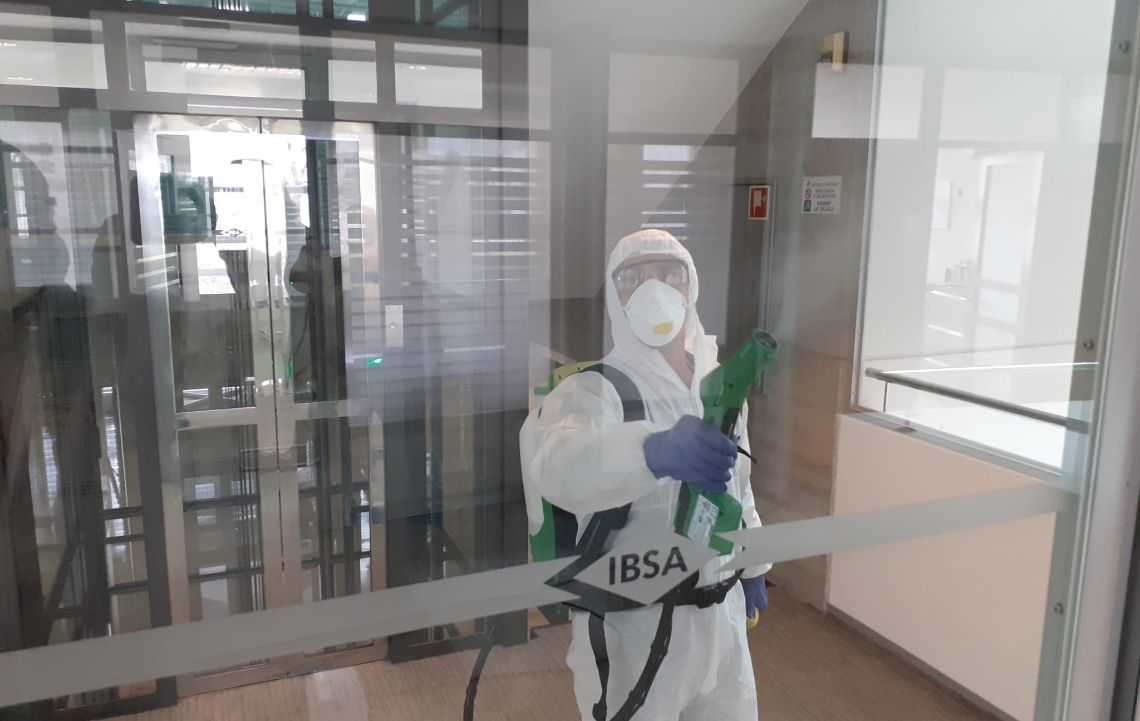CONVERSATION WITH STEFANO FERRAZZI, HEAD OF SUPPLY CHAIN & S&OP AT IBSA
How to deal with a crisis like this Coronavirus, how to manage the lockdown that the world has experienced in the last three months and how to reorganise a company overnight to maintain production continuity without endangering employees’ health. These are the questions that we all had to respond to in February when Europe and the world found themselves faced with the COVID-19 pandemic. Answering today, with hindsight, with the possibility of analysing facts and consequences and with the relative calm that comes with awareness is difficult in itself. Responding in real time, at the first onset of problems or when the problems to come could only be imagined was almost impossible.
“Yet we did it. It all started on 21 February, when news arrived of the outbreak in Codogno, in Lombardy. I think that day is etched in all of our memories. We had a full warehouse very close to Codogno. A decision had recently been made to close the ‘twin’ warehouse, which is located near Rome. We had already started the paperwork for the divestiture, but that morning an employee of mine came up with the idea of taking all the goods that were in Codogno and getting them out as soon as possible, for fear that it would become a red zone. Not long after that it did become a red zone, but our products were already on their way to Rome. We stopped the closure of the other warehouse. That’s what saved us from day one.” Stefano Ferrazzi, Head of Supply Chain & S&OP at IBSA, looks back at that time.
"After Codogno came 23 February. It was a Sunday morning. My boss called me. In ten years, he had never called me on a Sunday morning. He said: we’re in an emergency situation and the Supply Chain will be the first line’. From that moment on, there are only fragments, memories, half sentences to say about days when ‘sleeping, eating, going home, respecting shifts and tasks were all quite complicated. We all did everything we could. I remember one day asking to be taught how to drive the forklift in the warehouse. It could have helped and I wanted to be able to. If it had become necessary, I’d have driven it."
The reason behind such efforts to keep all production sites and the product distribution chain open is due to the very nature of IBSA: ensuring therapeutic continuity for patients. Those who are undergoing specific treatment regimens cannot stop because the world is in lockdown. This would mean adding one health emergency on top of another and this, for those working in medicine, is the worst possible outcome.
"Our patients should be able to find the drugs they have been prescribed no matter the circumstances and wherever they are."
Not to mention hospital drugs or medical supplies needed for the production of other drugs. Of all the supply chains, the pharmaceutical supply chain is perhaps the most strategic. This is why IBSA made every possible effort to ensure continuity, as well as the safety of its employees.





